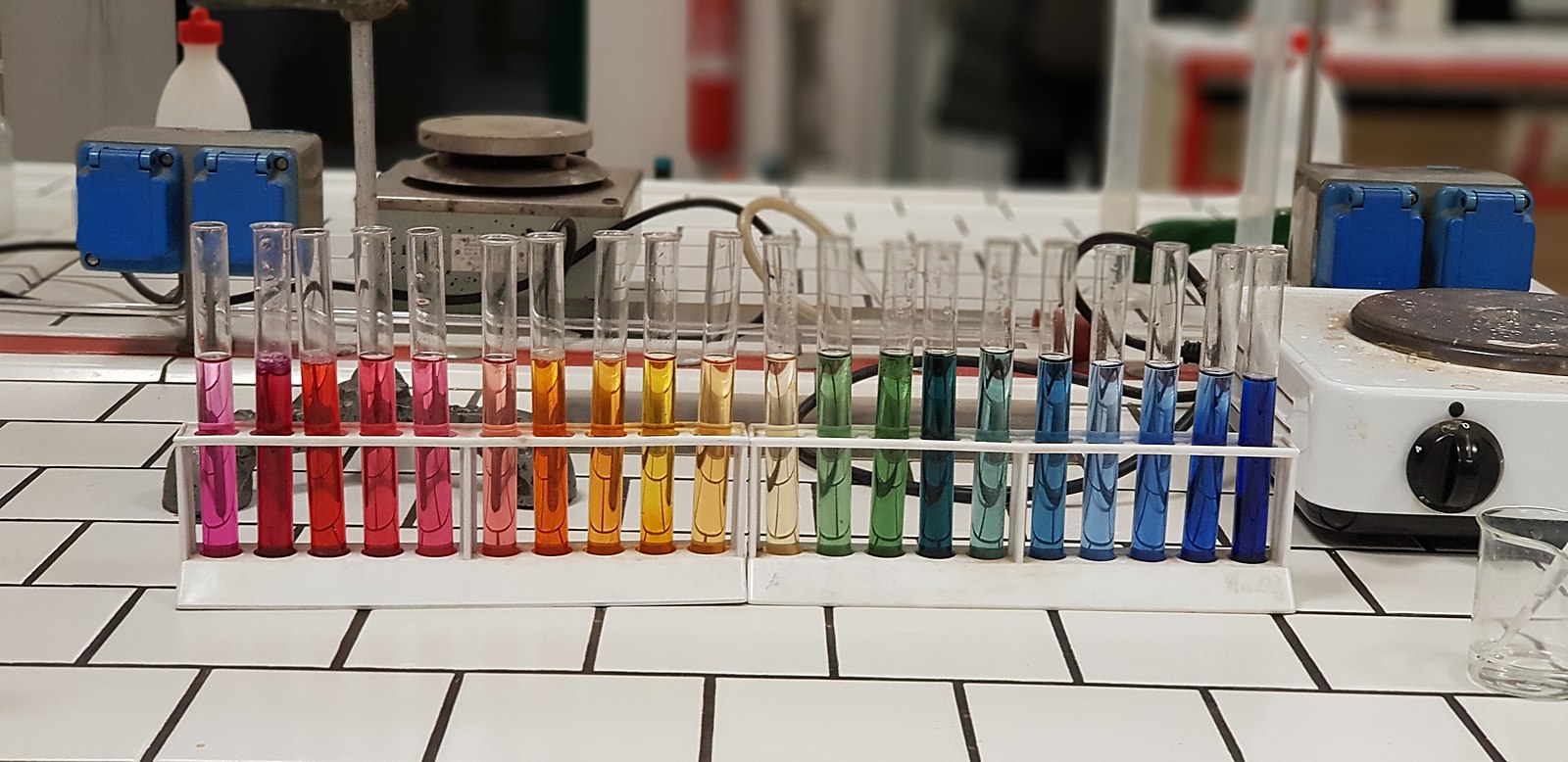The pH of sugar water is a fascinating topic that delves into the complex interplay between sugar, water, and the pH scale. While sugar itself does not possess a pH value, its presence can indirectly impact the pH of the solution, particularly when it comes to the human body and various applications in the natural world.
Understanding the pH Scale
The pH scale is a measure of the acidity or basicity of a solution, ranging from 0 to 14. A pH value of 7 is considered neutral, while values below 7 are acidic, and values above 7 are basic or alkaline. Pure or distilled water has a pH level of 7, and the “safe” pH level of drinking water typically ranges from 6 to 8.5.
The pH of Sugar Water
Sugar, being a neutral compound, does not inherently possess a pH value. When sugar is dissolved in water, the resulting solution maintains the same pH as the water before the addition of sugar. This means that the pH of sugar water is primarily determined by the pH of the water used to create the solution.
However, it’s important to note that while sugar itself does not impact the pH of the solution, it can indirectly influence the pH of the human body when consumed. This is because sugar can contribute to the production of lactic acid, which can lead to an imbalance in the body’s electrolytes and encourage the excretion of calcium to neutralize acidic waste. This can result in a more acidic environment within the body, which can have negative health consequences.
Balancing pH Levels Naturally
To maintain a healthy pH balance, it’s essential to adopt a balanced diet and lifestyle. Consuming alkaline-forming foods, such as fruits and vegetables, can help to counteract the effects of acid-forming foods, like processed meats, dairy, refined grains, and sugars.
Additionally, engaging in regular exercise and incorporating intermittent fasting or water fasting protocols can also be beneficial in restoring the body’s pH balance. These practices can help to flush out acidic waste and promote a more alkaline environment.
The Importance of pH in Beekeeping
In the realm of beekeeping, the pH of sugar water used to feed bees can be an important consideration. Beekeepers may sometimes add vinegar to their sugar syrup to lower the pH, as the natural pH of honey and nectar typically ranges from 3.9 to 4.5 and 2.9 to 6.5, respectively. Adjusting the pH of the sugar water can help to mimic the natural environment that bees are accustomed to, potentially providing benefits for the colony’s health and development.
The Impact of Sugar on Tooth Health
While sugar does not directly impact the pH of a solution, it can contribute to the production of lactic acid when its glycoproteins attract bacteria. This can lead to an increased risk of tooth decay, especially when sugary drinks are consumed frequently. Maintaining good oral hygiene and limiting the consumption of sugary foods and beverages can help to prevent these issues.
Conclusion
In conclusion, the pH of sugar water is primarily determined by the pH of the water used to create the solution, as sugar itself does not possess a pH value. However, the consumption of sugar can indirectly impact the pH of the human body, leading to potential health concerns. By understanding the intricacies of pH and adopting a balanced approach to diet and lifestyle, individuals can work towards maintaining a healthy pH balance and promoting overall well-being.

